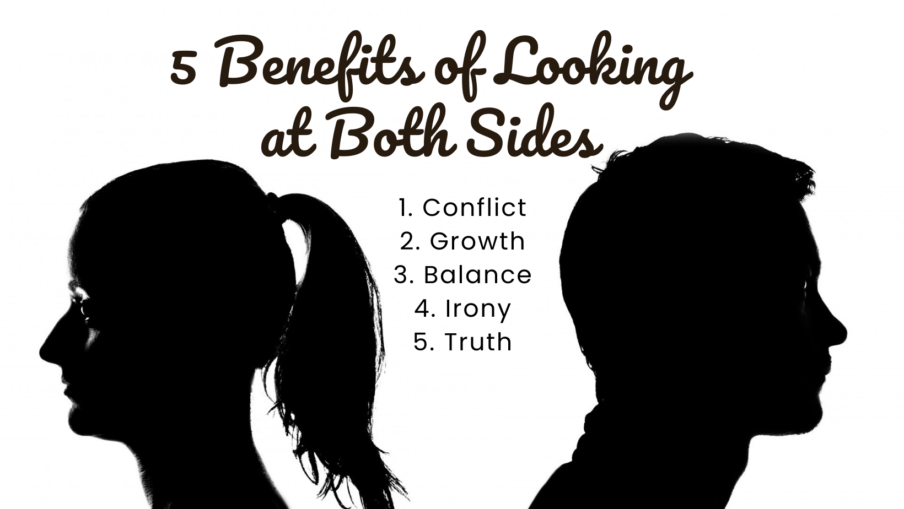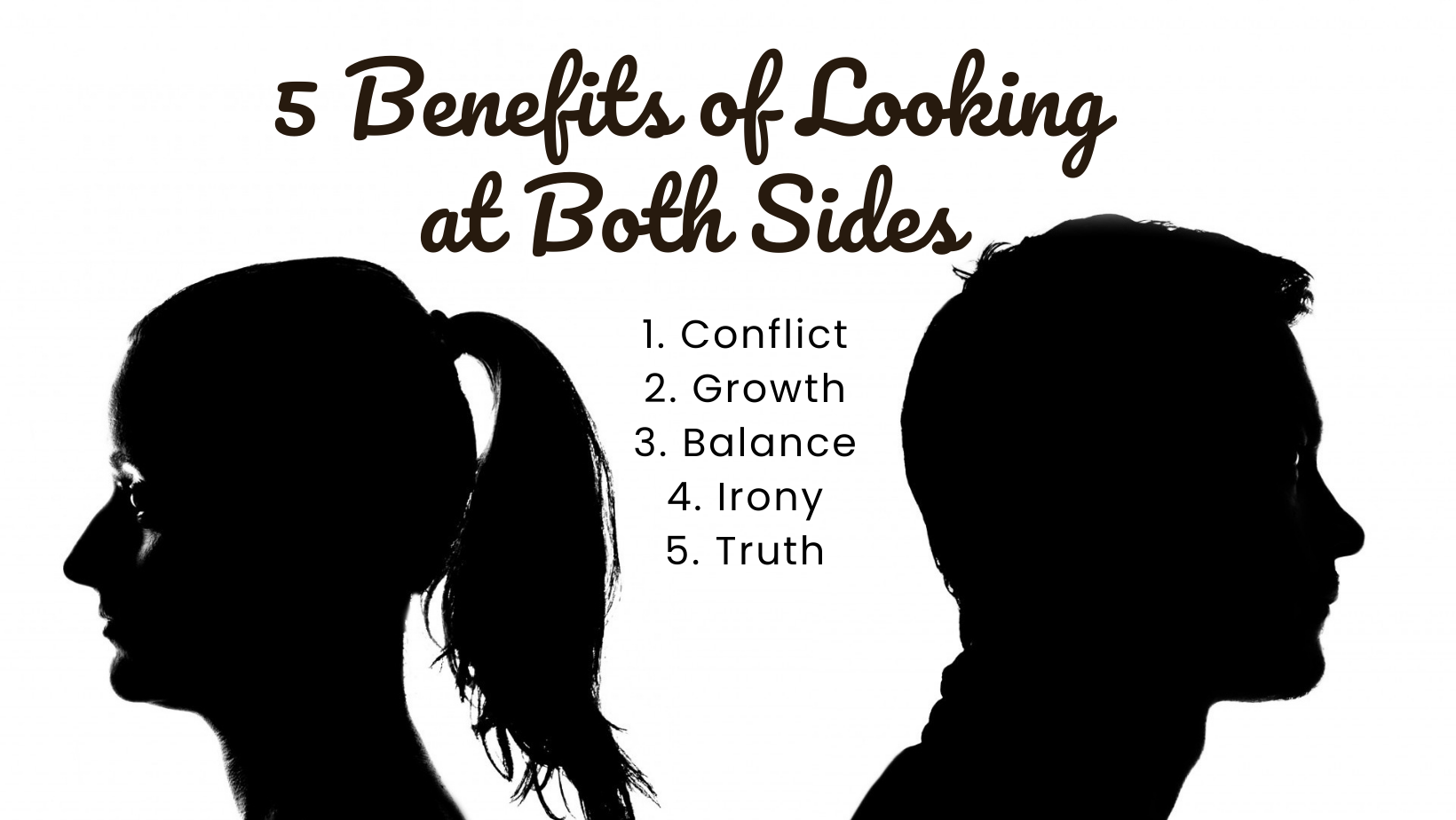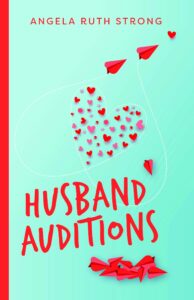by Angela Ruth Strong, @AngelaRStrong
My heroine refuses to depend on others again. She doesn’t want to need anyone—especially a God who’s let her down in the past.
So what will my hero’s misbelief be? Well, obviously he has to think God needs him.
For every truth, we humans err on one side or the other. So if writers want to offer a message of truth, it needs to meet readers wherever they’re at. This is why it’s important to mold the lies our characters believe together like yin and yang.
Here are five benefits of exploring misbeliefs from both sides:
Conflict – The beauty of having characters on opposing sides of their misbeliefs is that it creates conflict. This conflict will be relatable, move the story forward, and keep readers turning pages to find out how such opposing struggles can be resolved.
Growth – If two characters have opposite misbeliefs, then they force each other to grow. Think of The Fugitive where Harrison Ford’s character yells, “I didn’t kill my wife,” and Tommy Lee Jones yells back, “I don’t care!” While Dr. Kimble thinks he has to run from the law to find truth, the detective thinks his job is more important than truth. They overcome their misbeliefs to work together, and the audience gets two character arcs for the price of one.

Balance – Showing both sides of a misbelief will keep your message from feeling heavy-handed. I’m reminded of a friend who was reading one of my books. She says that during a certain scene, she was like, “Angela can’t do that.” So she skipped to read the ending, where she also said, “Angela can’t do that either.” But then she went back and read the whole thing straight through and was satisfied with how both sides balanced each other out.
Dramatic Irony – Dealing with a misbelief from opposite directions creates the irony that keeps me pondering a story long after I’ve finished it. I marvel over things like: “If he hadn’t sacrificed his freedom to tell them the truth, then they never would have sent him to jail where he was set free.” “If she hadn’t loved him enough to marry him anyway—even while knowing their daughter would die one day, then he never would have divorced her.” “If Obi Wan hadn’t saved Anakin’s life, then Anakin couldn’t have killed Obi Wan.” These writers didn’t tell their reader what to think but gave them something to think upon.
Truth – As an author, I’m often revealing my own misbeliefs in my work. I struggle with what I might be saying without realizing it. I don’t have all the answers. I don’t get it all right. So how do I share a message of truth? Simple. I point to the way, the truth, and the life. I show how, more than anything, we need a relationship with Christ where we can find direction and mercy. Life is going to look different for everyone, and there’s more for us all.
As my heroine discovers, we each need help from time to time. And as my hero discovers, God doesn’t need us, but he wants us. All we have to do is believe.
In a world full of happily-ever-after love, Meri Newberg feels like the last young woman on the planet to be single, at least in her Christian friend group. So when she’s handed a strange present at the latest wedding–a 1950s magazine article of “ways to get a husband”–she decides there’s nothing to lose by trying out its advice. After all, she can’t get any more single, can she?
Her brother’s roommate sees the whole thing as a great opportunity. Not to fall in love–Kai Kamaka has no interest in the effort a serious relationship takes. No, this is a career jump start. He talks Meri into letting him film every silly husband-catching attempt for a new online show. If it goes viral, his career as a cameraman will be made.
When Meri Me debuts, it’s an instant hit. People love watching her lasso men on street corners, drop handkerchiefs for unsuspecting potential beaus, and otherwise embarrass herself in pursuit of true love. But the longer this game goes on, the less sure Kai is that he wants Meri to snag anyone but him. The only problem is that he may not be the kind of husband material she’s looking for . . .
Angela Ruth Strong sold her first Christian romance novel in 2009 then quit writing romance when her husband left her. Ten years later, God has shown her the true meaning of love, and there’s nothing else she’d rather write about. Her books have since earned TOP PICK in Romantic Times, been optioned for film, won the Cascade Award, and been Amazon best-sellers. She also writes non-fiction for SpiritLed Woman. To help aspiring authors, she started IDAhope Writers where she lives in Idaho, and she teaches as an expert online at WRITE THAT BOOK.




Comments 1
Fantastic article. Thanks, Angela!